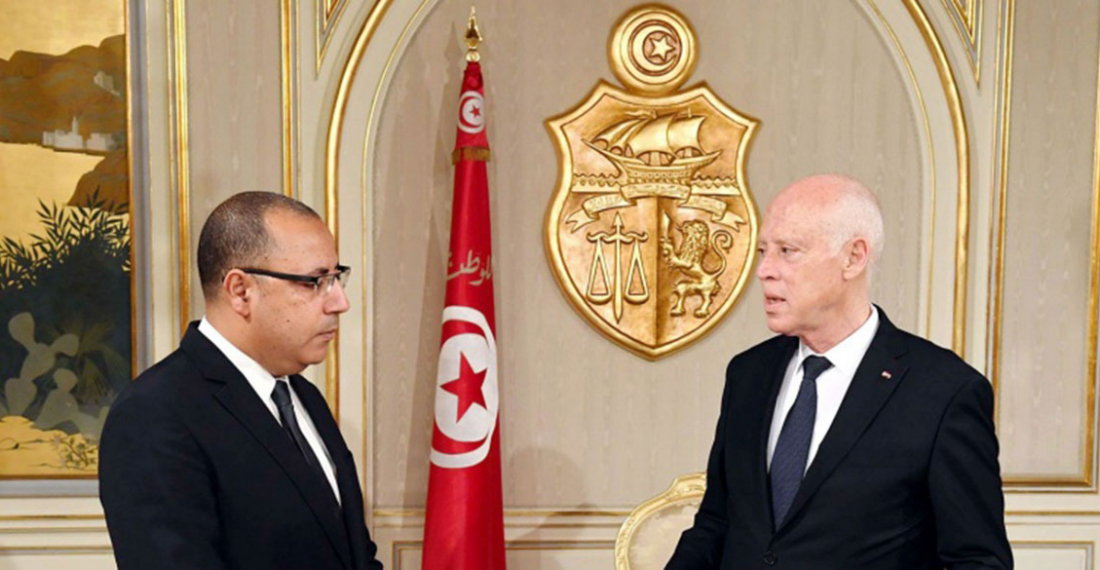- Armenia-Azerbaijan Strategic Expert Platform: Members emphasise the importance of the present moment for the South Caucasus and call for the momentum to be used for the long-term peace and prosperity of the region
- Thursday Interview: Dr. Anar Valiyev
- Food insecurity in Somalia has nearly doubled in the past year
- Türkiye evaluating potential measures in case of a US-Iran conflict
- European Parliament reaffirms support for Ukraine and EU Path
- EU moves ahead with Ukraine loan preparations despite Hungarian block

In Tunisia, the standoff between the various political forces, and the country's institutions shows no signs of abating. The fragile democracy that emerged after the 2011 "Arab Spring" protests appears increasingly under threat.
President Qais Saeed continues to refuse to swear-in the eleven new ministers appointed by prime minister Hicham El Mechichi. The prime minister on his part has dismissed calls for his resignation saying that he will not relinquish his duties.
El Mechichi added that "his hand is always extended for dialogue, especially as his government proposes an economic and social dialogue to get out of the current situation."
El Mechichi stressed that his government is committed to a number of economic, social and health issues, which distracts it from the political controversies, considering that the situation “requires fights against economic problems and against the outbreak of the Corona epidemic” according to him.
The atmosphere on the streets in the meantime remains uneasy. Last week, a group of opposition parties organised a protest that called for the immediate release of all those arrested and kidnapped in connection with the recent wave of protests. The parties participating demanded, in a statement, "the immediate release of all those arrested and kidnapped in connection with the protest movement, and the cessation of all judicial prosecutions against them."
Source: commonspace.eu with agencies
Picture: Tunisian president, Qais Saeed, and prime minister, Hichem El Mechichi.








